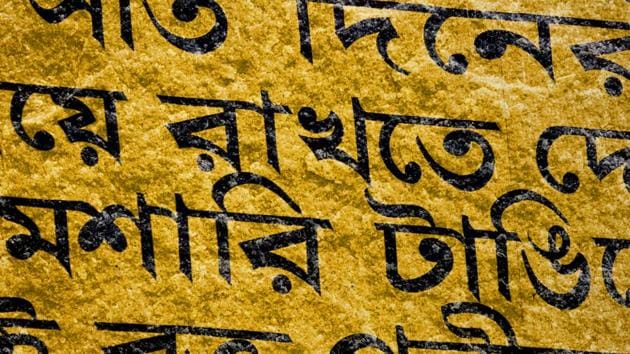
Language Protests in West Bengal: A Political Strategy or Genuine Concern?
The language protests in West Bengal, spearheaded by Mamata Banerjee, seem to be more than just cultural assertions. Many analysts argue that these protests may reflect a strategic attempt to mimic the language-related movements in Maharashtra and Karnataka for political gain. By raising concerns over Bengali identity and language, Mamata aims to reinforce her connection with the electorate ahead of the elections. However, this strategy may resonate as an empty gesture since, in many other states, people genuinely love the Bengali language and culture.
It's essential to recognize that while the love for the Bengali language runs deep, the current protests might serve a dual purpose. They could be an effort to redirect the electorate's attention away from pressing governance issues. Those issues include rising anti-incumbency sentiments regarding law and order, health, education, and employment in West Bengal. Thus, Mamata's fixation on the Bengali language becomes less about cultural pride and more a way to navigate political pressures.
In a country like India, where cultural identity and language are potent forces, it’s unlikely that these overt language protests will garner substantial support if they are perceived as mere political maneuvering without genuine sentiment. The Bengali language unifies people, and using it as merely a political tool is a precarious approach.
In summary, while Mamata Banerjee's language protests reflect an understanding of the importance of cultural identity, they also raise questions about their effectiveness and sincerity. Are these protests a legitimate expression of concern for the Bengali language, or are they a calculated attempt to gain political capital? Only time will tell, but the love for the Bengali language among the people of West Bengal remains unequivocally strong.
